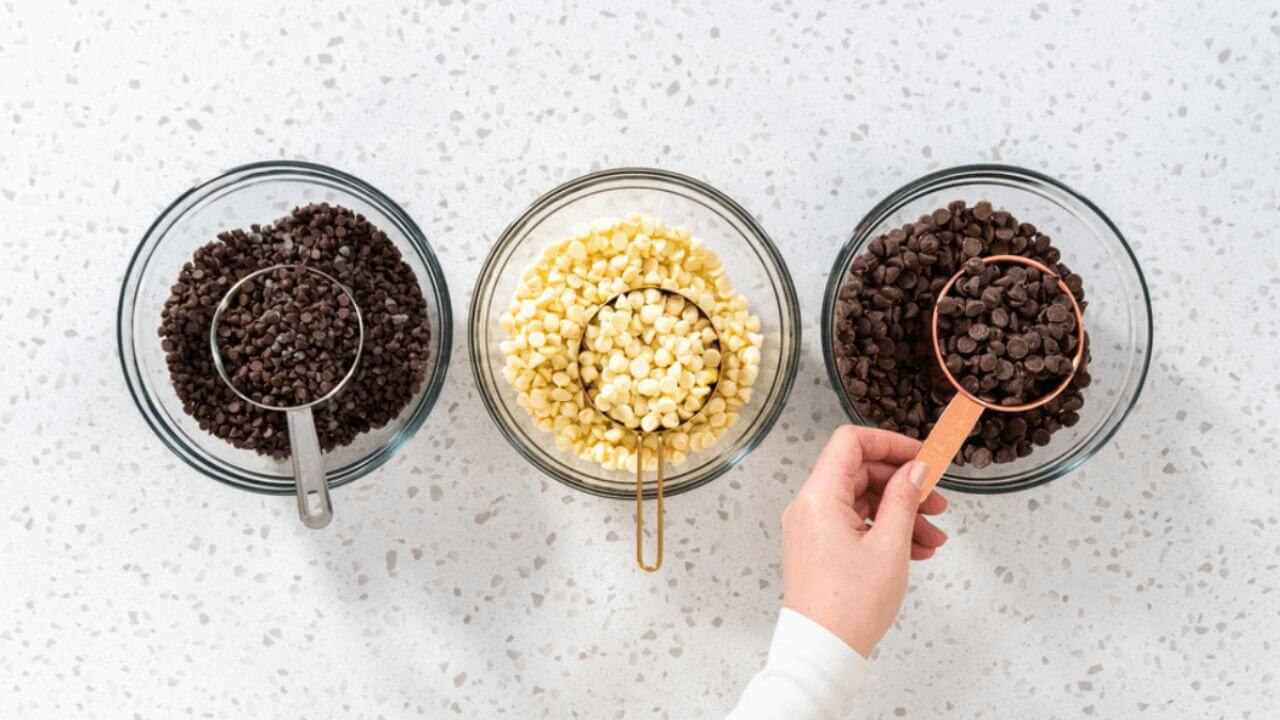Let’s be real, who doesn’t love indulging in a piece of chocolate or a hot cup of coffee? Those treats can come with a side of guilt for health-conscious folks like me.
However, these foods might not be sabotaging our health goals as much as we assume they do. I did some research and the results were pretty surprising.
Check the list below to see if your favorite food has some hidden health benefits.
1. Dark Chocolate

Due to its high calories, many people think dark chocolate is bad for you. However, dark chocolate with lots of cocoa is full of good antioxidants. Indulging in a modest amount of dark chocolate isn’t just a guilt-free delight; it can benefit your health since it is rich in flavanols, an antioxidant that helps lower the risk of heart disease.
Dark chocolates can also uplift your mood by releasing endorphins to your brain. Don’t hesitate to savor a bit of dark chocolate — it’s good when enjoyed in moderation!
2. Coffee

Despite the misconception that coffee is merely a source of caffeine, it offers more than just an energy boost. In moderation, coffee has been associated with improved cognitive function and a decreased risk of certain diseases like heart failure, stroke, and type 2 diabetes.
Enjoy your coffee without worries, acknowledging its potential to enhance your brain. Like many good things, moderation is vital to thoroughly enjoying its benefits.
3. Nuts

Another food that isn’t as bad as you think is nuts. Though these are high in calories, they offer various health benefits like cholesterol-lowering effects and metabolic advantages. They also provide a wealth of vitamins, minerals, and healthy fats.
As a crunchy and satisfying snack, nuts have numerous health benefits, including improved heart health and weight management.
4. Avocado

Avocado is often seen as fattening, but it’s packed with nutrients like fiber, potassium, and lutein, which is good for eyesight. They are also packed with vitamins, minerals, and unsaturated fats. They show us what a balanced diet looks like.
Make your meals even better by adding these nutrient-packed avocados — they have a great taste and many healthy components like potassium and fiber.
5. Eggs

Eggs have faced criticism over cholesterol concerns, but they’re a nutritional powerhouse. Filled with protein and essential nutrients, eggs can be a healthy part of your diet.
Enjoy them in various ways, from scrambled to hard-boiled, to make your meals diverse and balanced. Instead of worrying, include eggs as a nutritious choice in your eating plan.
6. Cheese

Cheese, often criticized for its saturated fats, has a bright side for cheese enthusiasts. Some types of cheese, like mozzarella, feta, and ricotta, provide essential nutrients, and enjoying them in moderation can be part of a healthy diet.
Rather than fretting because of wrong perception, savor cheese in different forms while being mindful of portions for a delicious and nutritious addition to your meals.
7. Potatoes

Potatoes have been unfairly labeled as a dietary culprit, but they are a valuable source of nutrients. Contrary to the myth, potatoes are naturally low in fat and calories.
Their skin is particularly rich in fiber, vitamins, and minerals. Potatoes can be a nutritious and satisfying addition to a balanced diet when prepared healthily.
8. Whole Milk

Whole milk has faced the myth of being high in unhealthy saturated fats. Contrary to this belief, it provides essential nutrients like calcium and vitamin D, which are crucial for bone health.
The fat content in whole milk can be part of a balanced diet when consumed in moderation. Choosing whole milk over low-fat options may offer a more satisfying beverage.
9. Red Wine

There’s a myth that all alcoholic drinks are detrimental to health, but moderate consumption has potential benefits. Resveratrol in red wine may have antioxidant properties that can support heart health.
However, excessive intake of red wine can pose risks, so moderation is key. Pregnant women, individuals with certain medical conditions, and those taking medications that interact with alcohol should avoid or limit alcohol consumption altogether.
10. Butter

Butter has been criticized for its saturated fat content, linking it to cardiovascular issues. However, moderate butter consumption can be part of a balanced diet and provide essential fatty acids.
Butter contains fat-soluble vitamins like A, E, and D, contributing to overall nutritional intake. As with many foods, moderation is crucial for enjoying the benefits of butter without adverse health effects.
11. Popcorn

Popcorn has been wrongly associated with unhealthy movie theater snacks, but it can be a nutritious whole grain when air-popped or lightly seasoned. The myth often neglects that popcorn is a good source of fiber and antioxidants.
Opting for homemade popcorn allows control over ingredients, making it a healthier and more satisfying snack. With mindful preparation, popcorn can be a wholesome addition to a balanced diet.
12. Chicken

Dark meat chicken, like thighs and drumsticks, packs a punch with iron and zinc, linked to energy production and immune function. These cuts are richer in flavor and juiciness compared to white meat, thanks to higher levels of fat. However, moderation is key because dark meat tends to be higher in calories and saturated fats, which can result in heart disease if consumed excessively.
Meals with chicken are great if you need more iron in your diet, but make sure to balance it with leaner proteins like chicken breast.

